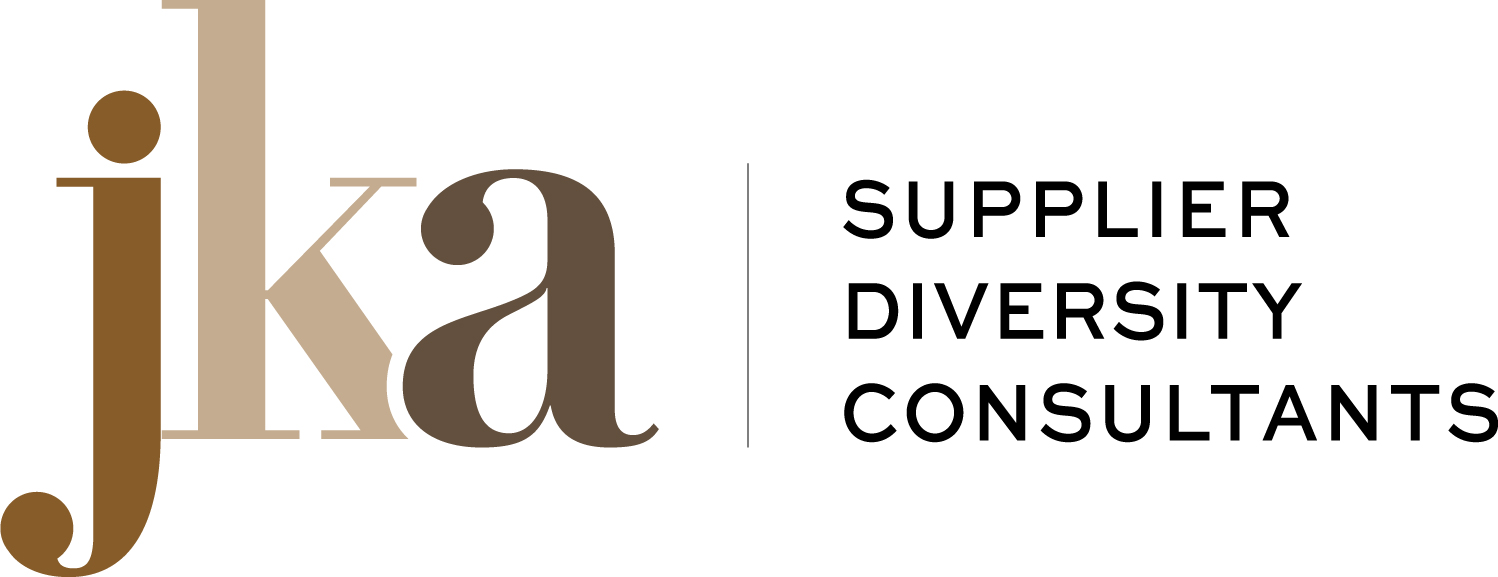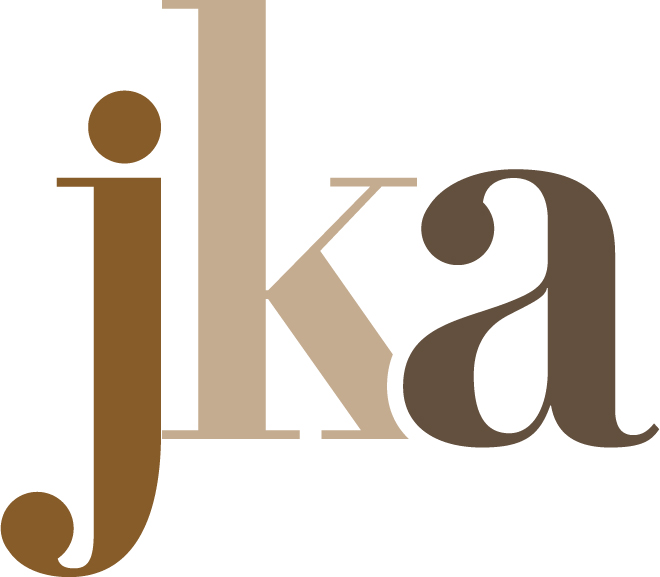When I reflect on my early days as a government contractor, I vividly recall how much of my focus was on winning the work. I poured my energy into crafting proposals, sharpening my bid strategies, and being competitive on pricing. But once I received the notification that my business was the lowest bidder, I thought it was time to dive straight into the project. I had no idea that this was just the beginning of a far more complex process.
I didn’t understand the difference between a Notice of Award and a Notice to Proceed, let alone what steps I should take during the interim period. At the time, I felt lost. I reached out to my attorney and accountant, seeking guidance, but even their advice left me with more questions than answers. Their perspectives weren’t wrong, but they were incomplete. The result? I made costly mistakes—working at risk, incurring unplanned expenses, and creating cash flow issues that could have been avoided.
Fast forward to today, with over four decades of government contracting experience under my belt, I now see things much differently. Government contracting is, in fact, a transparent process, but it’s one that requires careful navigation. The contract award process is guided by well-established rules and regulations, such as the NYC Procurement Policy Rules (PPR), which provide detailed, step-by-step guidance. Understanding this process has become one of the most critical aspects of how we help our clients—both prime contractors and subcontractors—avoid the pitfalls I experienced early in my career.
The Importance of the Contract Award Process
One of the biggest misconceptions I had in the beginning was assuming that the lowest bidder automatically becomes the contractor. While this is often true, there is a formal award process that must be followed to finalize the agreement. This process includes:
- Notice of Award: This formal notification signifies that your bid has been accepted, but it is not yet a green light to start work.
- Pre-Award Requirements: Agencies may request additional documentation such as insurance certificates, bonding, or compliance certifications before issuing the contract.
- Notice to Proceed: This is the official directive to begin work. Without this, starting the project could mean working at risk.
Each step is governed by specific procurement policies, ensuring that the process remains transparent and fair. However, for contractors unfamiliar with these rules, it can feel anything but clear.
Avoiding Common Pitfalls
Many small businesses stumble because they don’t know how to prepare for the contract award process. Here are some lessons I’ve learned:
- Understand Your Rights: Knowing what’s outlined in procurement policy rules can empower you to advocate for yourself during negotiations and avoid unnecessary concessions. For instance, NYC’s Procurement Policy Rules clearly define timelines, required deliverables, and payment terms.
- Negotiate the Best Outcomes: Before signing the contract, ensure that the terms align with your business’s capacity and resources. This includes payment schedules, deliverable timelines, and change order processes.
- Factor in Cash Flow: Many businesses overlook how long it might take to receive their first payment. Without a solid cash flow plan, you could face serious financial strain.
- Avoid Working at Risk: Starting work before receiving a Notice to Proceed is a common mistake. While you may want to demonstrate your commitment, this can lead to unpaid work and unnecessary risk.
Creating a Schedule of Deliverables
An often-overlooked part of the process is aligning your internal operations with the contract’s deliverables. A detailed schedule of deliverables ensures that you remain on track and compliant with the terms of the contract. This schedule should account for:
- Milestone approvals.
- Required documentation submissions.
- Payment requisition processes.
Having this roadmap in place can help you avoid delays and misunderstandings, particularly when working with government agencies where processes are highly structured.
The Value of Expertise
Today, we work with clients to demystify the contract award process. Our goal is to empower small businesses with the knowledge they need to confidently navigate this critical stage. We teach them how to negotiate terms, build effective schedules, and avoid working at risk. By factoring in key considerations like cash flow, compliance, and rights under procurement policies, we help businesses set themselves up for success—not just in securing the contract but in executing it profitably.
Learn More About the Contract Award Process
The contract award process doesn’t have to be a source of confusion or frustration. By understanding the rules of engagement, you can avoid costly mistakes and position your business for long-term success.
If you’re ready to take control of this vital aspect of government contracting, visit my website to learn more about upcoming workshops on the Contract Award Process. These sessions are designed to provide actionable insights that will help you navigate the process with confidence and clarity. Don’t let a lack of knowledge hold your business back—equip yourself with the tools you need to thrive.





